Brake Problems: What Causes Them and How to Fix Them
If your car feels wobbly when you press the pedal, makes squealing noises, or takes longer to stop, you’re probably dealing with brake problems. Most drivers ignore early warning signs because they think brakes are a set‑and‑forget part. In reality, brakes are one of the few components that need regular checks – just like your oil or tyres.
There are three main culprits behind brake issues: worn pads, warped rotors, and leaking fluid. Worn pads are the most common and show up as a grinding or squealing sound. Rotors can warp after heavy braking or when they get too hot, which creates a pulsating pedal. Fluid leaks usually come from the master cylinder or brake lines and can make the pedal feel spongy.
Common Signs Your Brakes Need Attention
Start listening for any change in how the brake pedal feels. A soft, low‑bottomed pedal often means low fluid or air in the system. If you hear a high‑pitched squeal, it’s usually a wear‑indicator shim rubbing against the rotor – that’s a clear sign the pads are near the end of their life.
Another red flag is vibration when you brake. If you feel a shudder through the steering wheel, the rotors are likely warped and need resurfacing or replacement. Finally, a burning smell after a long downhill drive indicates the brakes are overheating, which can damage pads and rotors quickly.
Rear Brake Pads: Can You Change Only the Back Ones?
Many owners wonder if they can just replace the rear pads and leave the front ones alone. The short answer: you can, but only if the front pads are still in good shape. Replacing only the rear pads is safe when the front pads have plenty of life left and the rotors are even.
When you change rear pads, inspect the rear calipers for sticking pistons. A stuck caliper can cause uneven wear and lead to pulling to one side. Also, check the brake fluid level and look for any leaks around the rear brake lines. If you find any issues, it’s better to address them all at once rather than doing a partial fix.
For most drivers, a balanced brake system feels smoother and stops more predictably. If you’re unsure about pad thickness, measure them with a ruler – most pads should be at least 3 mm thick. Anything thinner means it’s time for a full set.
DIY‑friendly tips: loosen the caliper bolts, compress the piston with a C‑clamp, then slide the old pads out and fit the new ones. Remember to torque the bolts to the manufacturer’s spec – usually around 30 Nm for most cars. After fitting, pump the brake pedal a few times to seat the pads before you drive off.
If you’re not comfortable doing the job yourself, a local garage can replace the rear pads and check the front ones for you. Many shops, including Northwich Tyres Centre, offer a quick safety check and will let you know if the front pads need attention too.
Bottom line: don’t ignore brake noises or a soft pedal. Regular inspections keep you safe and save money by avoiding costly rotor replacements later. Keep your brake fluid clean, replace pads before they hit the wear limit, and make sure both front and rear systems are balanced. Your car will stop when you need it to, and you’ll drive with confidence.
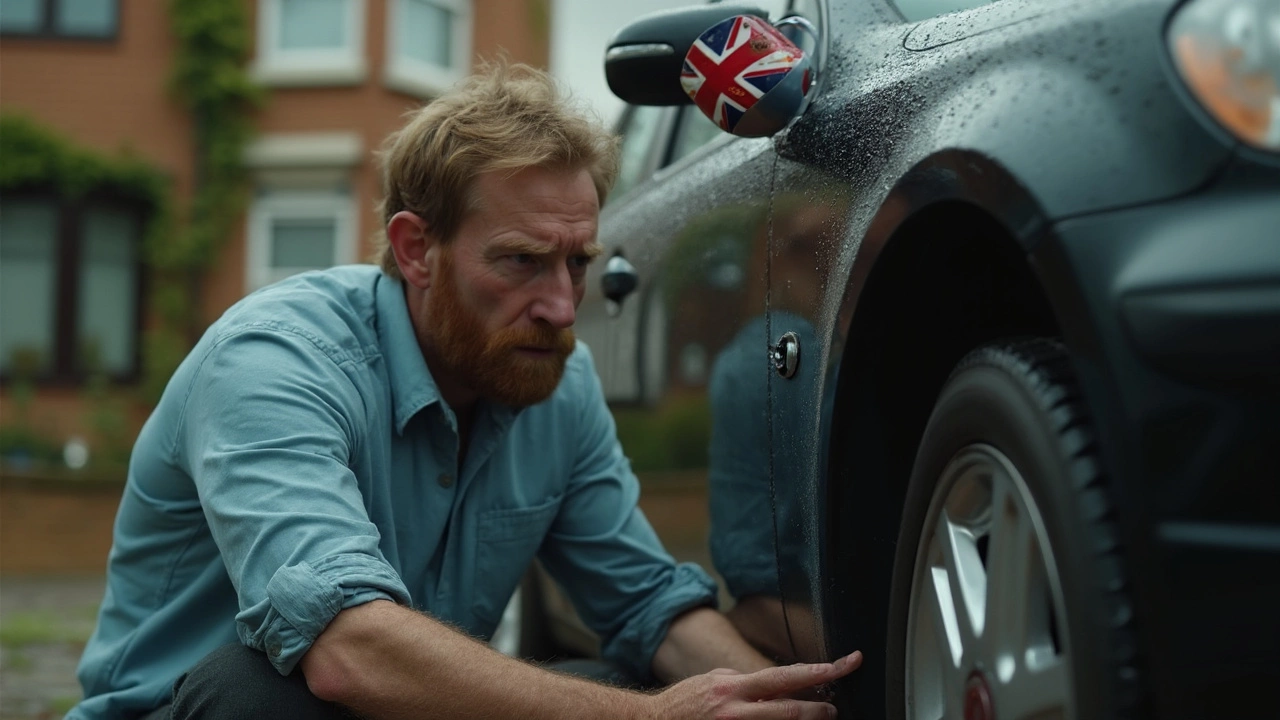 18 May 2025
18 May 2025
Brake Pads: How to Tell When It's Time for a Change
Spotting when your brake pads need replacing isn’t always obvious, but it’s critical for your safety and wallet. This article breaks down exactly how to recognize the key signs before you’re left with a costly repair or worse, an accident. Learn what noises, sensations, and even dashboard warnings mean trouble. Check out practical tips you can use right now—no car expertise needed. Make smart decisions and keep your brakes working like they should.
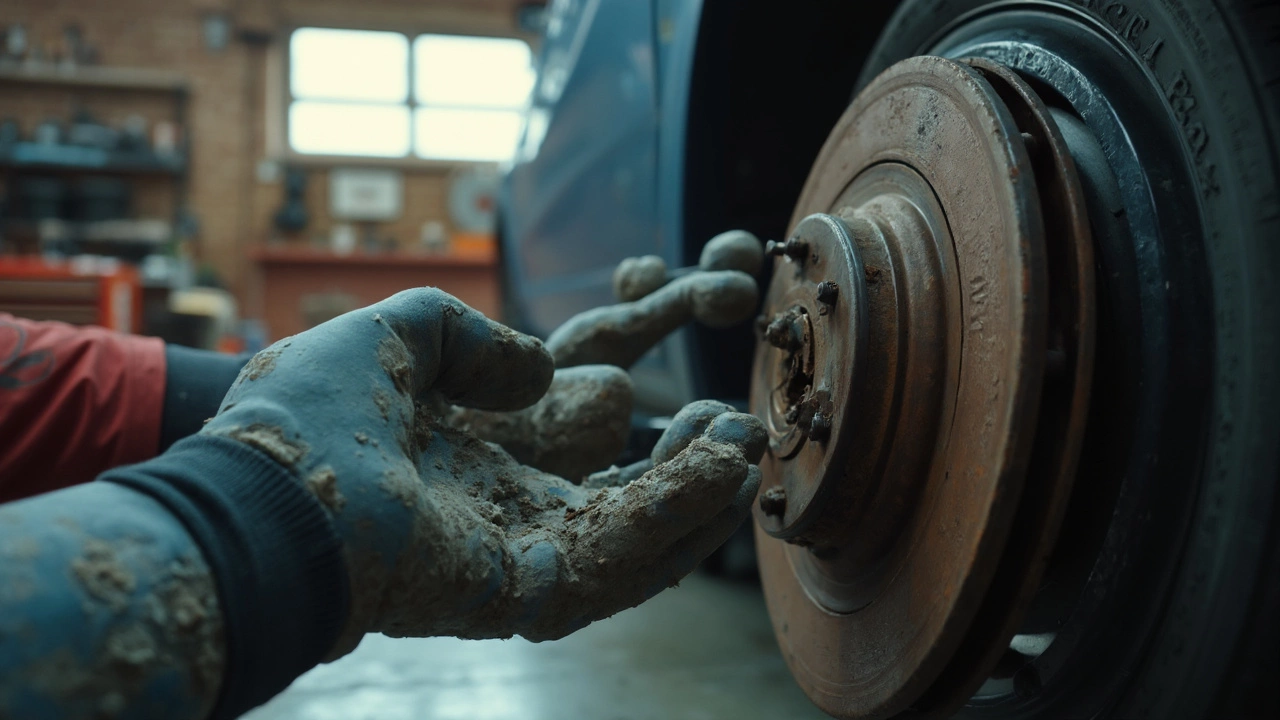 17 April 2025
17 April 2025
How Do I Know if My Rotors Are Bad? Signs You Can't Ignore
Ever wonder if your rotors are the reason your car’s braking feels off? This article breaks down what happens when rotors go bad and what signs you should watch for. Learn how to spot the difference between a minor brake problem and a rotor that needs attention. Get tips on what you can check yourself before heading to a mechanic. You'll come away knowing exactly how to tell if your rotors are the problem.
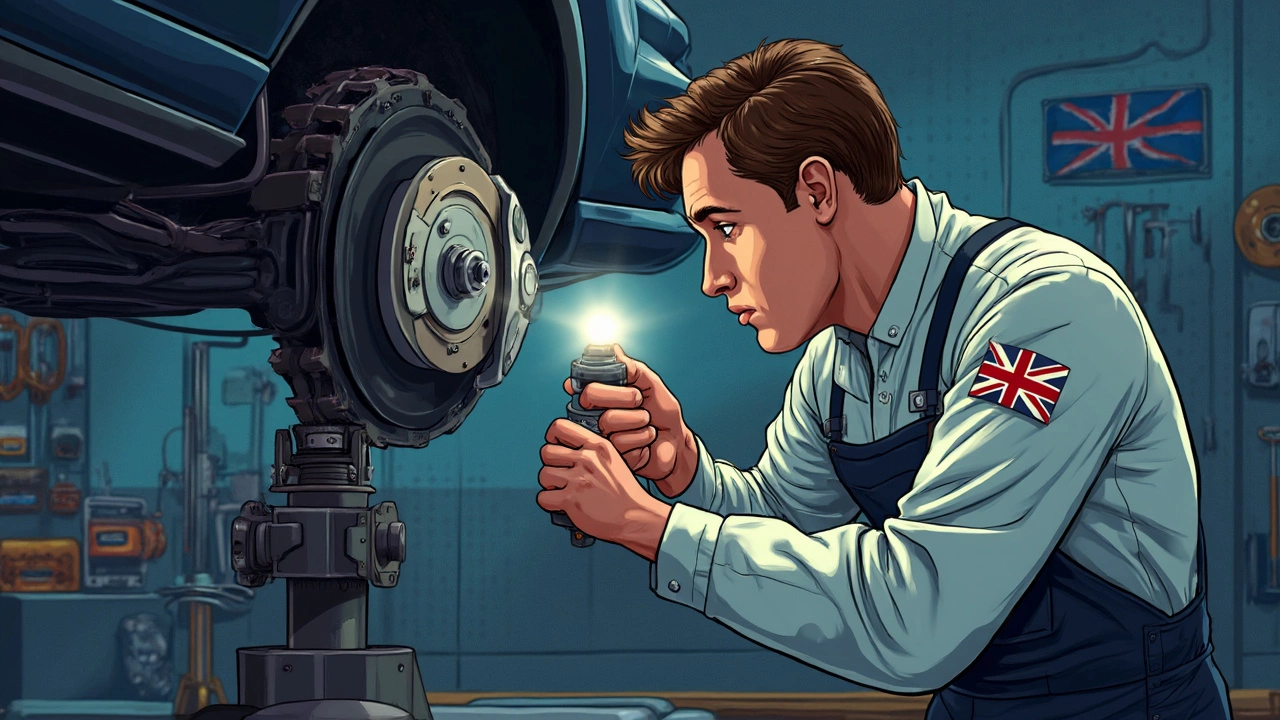 14 February 2025
14 February 2025
Brake Pads or Rotors: How to Tell the Difference
Brakes are essential for safety, but how can you tell whether it's the brake pads or rotors that need attention? This article breaks it down with easy-to-understand signs and symptoms. We'll explore common clues that can help you diagnose the problem. From unusual noises to changes in your car's braking performance, you'll find tips on what to listen for and how to inspect the parts. Knowing what to look for can save you time and money at the mechanic's.
Latest Posts
-

Windscreen Wiper or Windshield Wiper? The Real Difference Explained
-
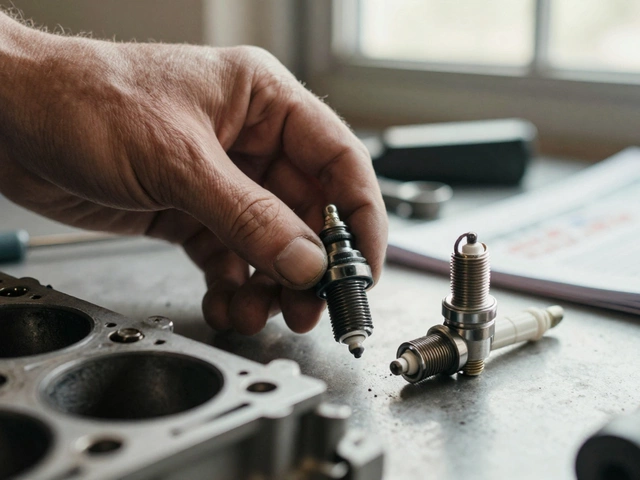
Are Cars More Responsive After Spark Plug Change? Here's What Really Happens
-
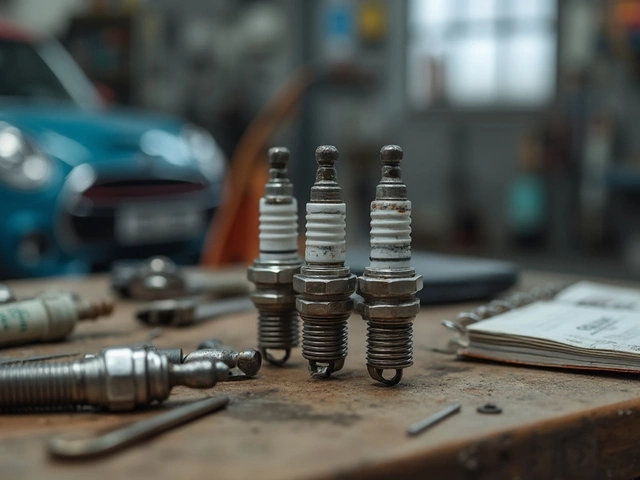
Spark Plug Maintenance: Should You Clean or Replace Them?
-
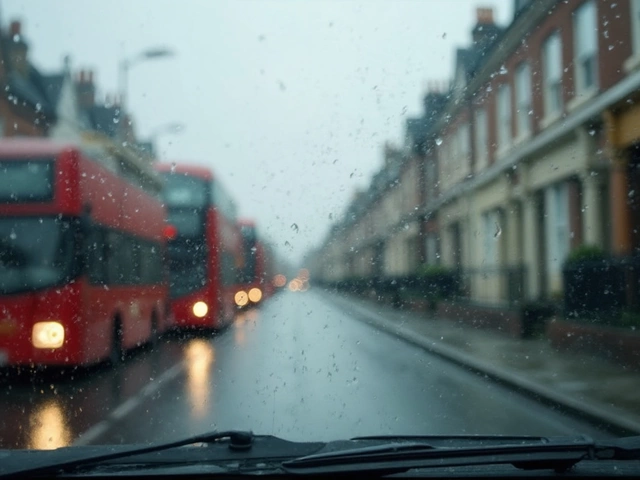
How Expensive Should Windshield Wipers Be? Real-World Costs Explained
-
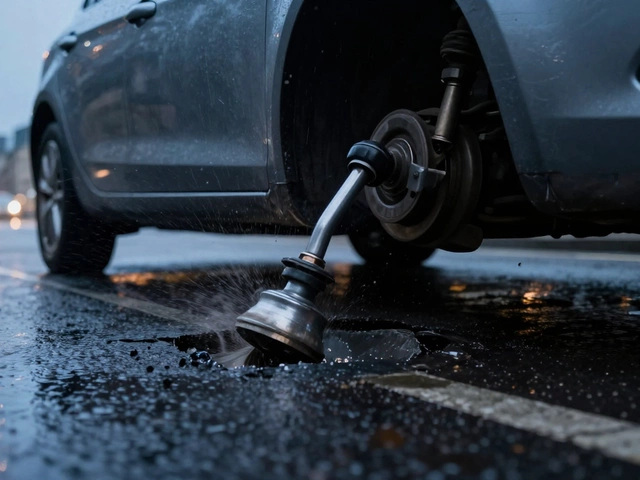
What Does a Damaged Suspension Sound Like? Common Noises and What They Mean
Tags
- car maintenance
- engine oil
- spark plugs
- brake pads
- engine performance
- vehicle maintenance
- spark plug replacement
- windshield wipers
- fuel pump
- suspension parts
- clutch replacement
- oil change
- clutch kit
- car performance
- air filters
- car suspension
- car radiator
- exhaust systems
- engine misfire
- fuel pump failure

0